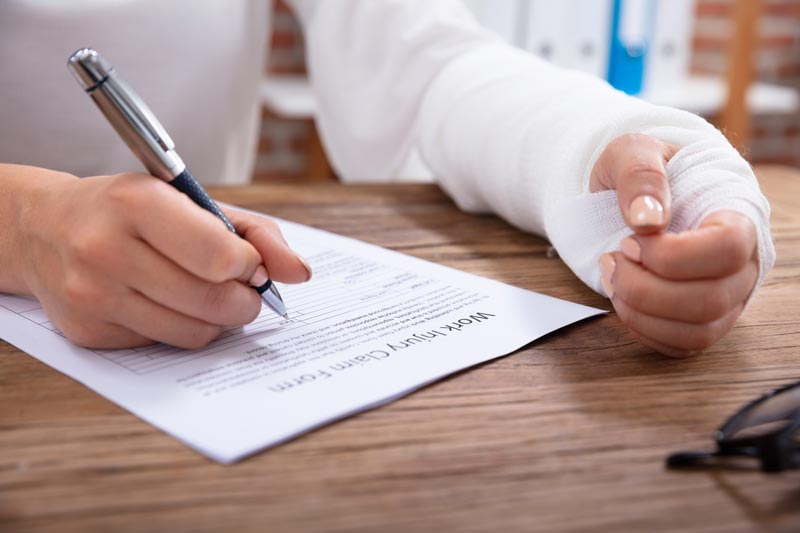Personal Injury Settlements: Important Facts You Need to Know
- By Admin
- •
- 06 Mar, 2020

Personal injuries happen. For example, car accidents or slips and falls can lead to minor or major injuries. Regardless of the extent of your injuries, however, if you didn't cause the accident, you shouldn't have to pay for any medical bills.
Unfortunately, insurance carriers can be determined when trying to get you to accept an unfair settlement. If you would like to know more about personal injury settlements, keep reading.
You Don't Have to Accept a Settlement
Most insurance companies strive to process claims fast and with low payouts, which saves them money. For this reason, insurance providers may contact you only days after the accident, trying to get you to accept a settlement. Rarely, some unscrupulous insurance agents may even try to pressure you into accepting a low settlement by telling you if you don't accept the settlement now, you may not get anything.
If you are offered a settlement, you don't have to accept the initial offer. A skilled attorney will be able to use your damages and medical bills to argue for a better settlement. Make sure you don't accept or sign anything from the insurance provider until you've spoken with your attorney.
If you still don't get the money you deserve, you also have the option to file a lawsuit. Unlike a criminal trial, these are considered civil cases because no one has actually broken a law. Like criminal cases, a statute of limitations exist regarding how long you can wait before filing. Statues vary from state to state and injury to injury.
Once you advance the case to a lawsuit, however, you become the plaintiff, and the responsibility of proving fault falls on you. For this reason, if you and your attorney can't prove that you deserve a fair settlement, you may get nothing or a significantly reduced amount.
The Other Party Will Be Released of Liability
Sometimes, accepting a fast settlement is no problem. For example, you get into a minor car accident that causes little to no damages or injuries. Still, you visit the doctor to ensure the car accident didn't cause underlying problems, but the doctor finds that you are healthy. In this case, you don't need lots of money to pay for long-term treatments, but you do deserve money to pay for the doctor visit.
The problem arises when you don't know the extent of your injuries. Soft tissue injuries like whiplash may require months of physical therapy to help you regain range of motion. Hard tissue injuries like broken bones can leave scar or nerve damage that lasts forever.
If you do have extensive injuries, don't accept any fast settlement. Wait until you and your doctor have a clear treatment plan so you get all the money you need. At this time, consider pain and suffering. A permanent scar can lead to severe long-term depression, and any nerve damage may lead to the inability to walk.
Once you accept the settlement, the other party is released of liability. In other words, if you accept a small settlement but then realize your injuries are worse than you originally believed, you can't sue for more money to pay for future medical bills. You, your doctor, and your attorney must work together to determine a fair settlement just for you before accepting any money.
After an accident, take the time you need to visit the doctor and determine the extent of your injuries. With a skilled attorney, you can get all the money you deserve to make you whole again. If you would like to know more about personal injury settlements, or if you need a consultation, contact us
at Frank W. Thompson Attorney at Law, Erwin and Thompson LLP.

